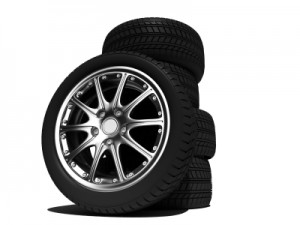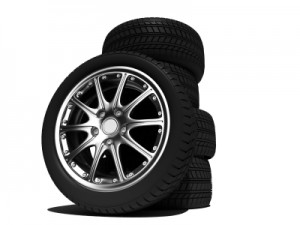Changes in Tire Pressure and Ensuring Proper Tire Pressure

Let’s get to know it.
It’s unfortunate that many drivers overlook the need to care one of the most important components of their vehicle: the tires! Correct tire pressure is a critical part of driving safely. The wrong tire pressure can impact your truck’s handling, braking, fuel economy, and comfort while driving. It can also reduce the lifespan of your tires. Each manufacturer recommends a certain tire pressure, measured in pounds per square inch (psi).
Changes in Tire Pressure
A variety of factors including loss of air, payload, temperature, and tire damage can influence tire pressure. Typically, tires will lose 1-2 psi naturally per month as a result of normal wear and tear. Ambient changes in temperature can also change tire pressure, about 1 psi for every 10-degree change.
If your tire’s pressure is too high, your tire’s traction with the ground is reduced. This ends up creating a harsher ride and compromising your ability to stop quickly. Tires that are over inflated by as much as 6 psi are also more easily damaged when they run over potholes or debris.
The reverse problem happens when tire pressure is too low; too much tire comes into contact with the road. Underinflation causes tires to bend as they move, which results in excessive heat and an increase in rolling resistance. Not only will this hurt your fuel economy, but will wear your tires much faster and could lead to premature tire failure.
Ensuring Proper Tire Pressure
You should get your tire pressure checked regularly (once a month) to ensure correct tire pressure. It might be a good to lump it in with other automotive maintenance tasks. You can also buy an inexpensive air pressure gauge to check tire pressure yourself. If you’re checking your tires yourself, make sure to check all the tires. Never assume that the fourth is fine just because the last three checked out. By checking tire pressure regularly, you can keep tires in top condition and save a little cash on gas prices.
